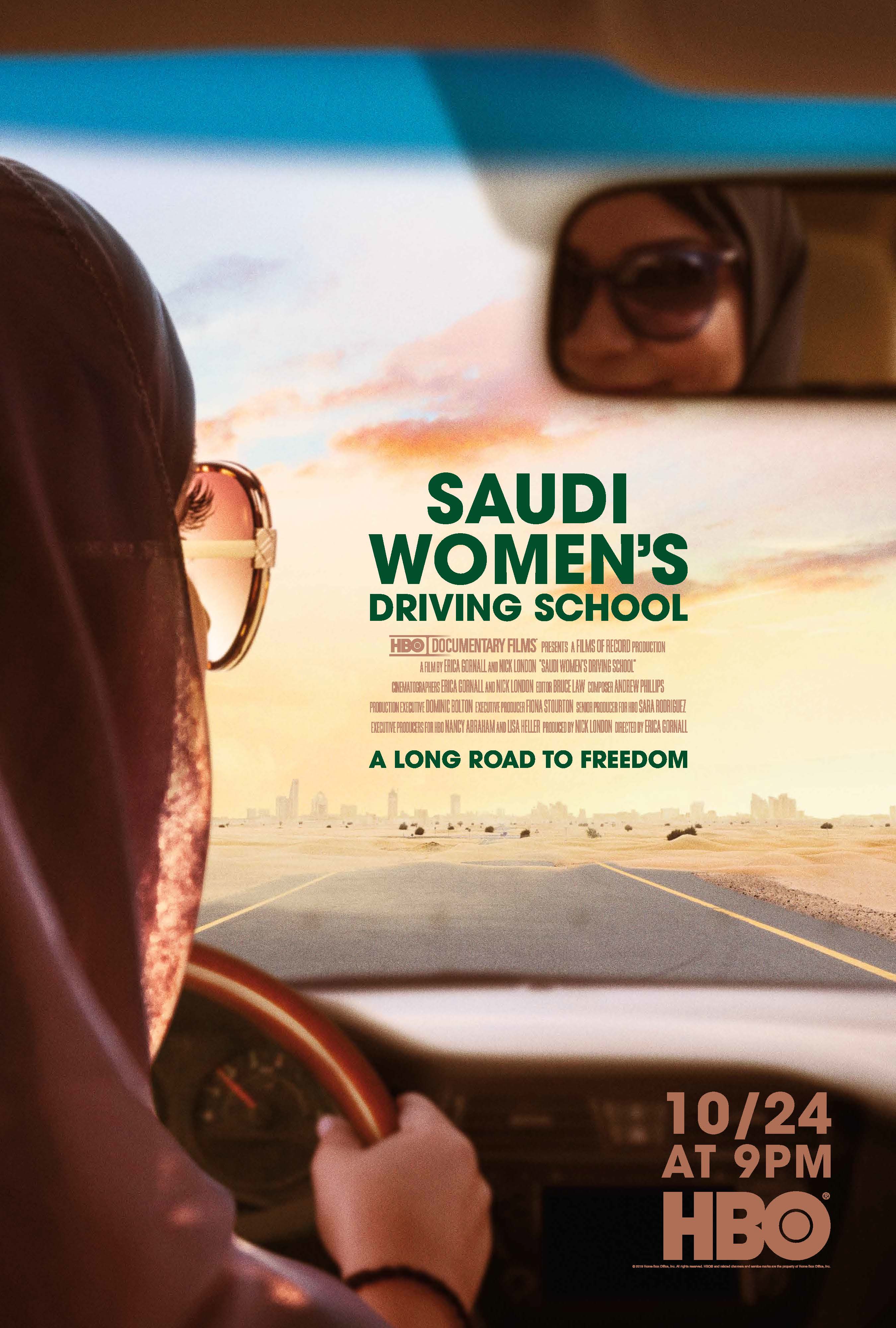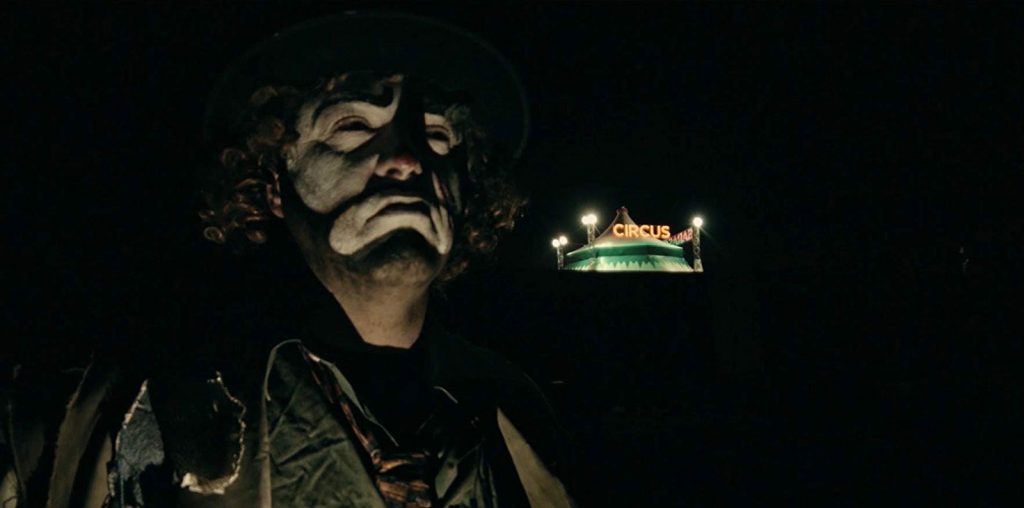
The documentary goes through the argument for women’s equality. First, it asks the simple question: If women can go to university and earn Ph.D.’s, why can’t they drive a car? Since the 1990s, severe segregation was placed between men and women in business, university, and in public settings like a mall. As women were needed in the workforce, these restrictions loosened over time, leading to the ability/necessity to drive.
Director Gornall follows a handful of women with varied reasons for driving. Shahad al-Humaizi is one of the first women to drive. She, like many of her fellow Saudi women, found work as Uber drivers. Amjad al-Amri is one of, if not the first women to race professionally at the Reem Racetrack. Then there’s Sarah Saleh, who drives because there are no men in her household. She drives her mother and sisters and unburdened by her constant need for taxis.

“As much as women’s rights in Saudi Arabia have improved, equality is still a distant dream…”
As much as women’s rights in Saudi Arabia have improved, equality is still a distant dream. The more significant issue for Saudi women is “Guardianship.” Under current law, fundamental freedoms are still restricted to women. The men act as guardians/decision-makers for their women. Husbands are the guardians of wives. Fathers are guardians of daughters. Guardians make all critical decisions for the women, including where they travel, where they work, and who they will marry. Unsurprisingly, women don’t like that and are not willing to put up with that bullshit.
Saudi Women’s Driving School documents the protest of these laws. As it is illegal to criticize the king and his family, numerous women have been arrested over the years in civil disobedience—first by driving cars and posting the excursion on social media to now publicly speaking against the unfair edicts of their king. Gornall also interviews several historians and experts about cultural oppression between men and women.
What’s fascinating about Saudi Women’s Driving School is that it takes place in the middle of a revolution. Saudi Arabia is in transition. Citizens celebrate the repeal of the driving ban, and the monarchy hopes it’s enough to keep everyone happy, but they’re not. The fight continues, and the cost of freedom is high.

"…King Salman would lift the ban on women driving effective 2018..."

